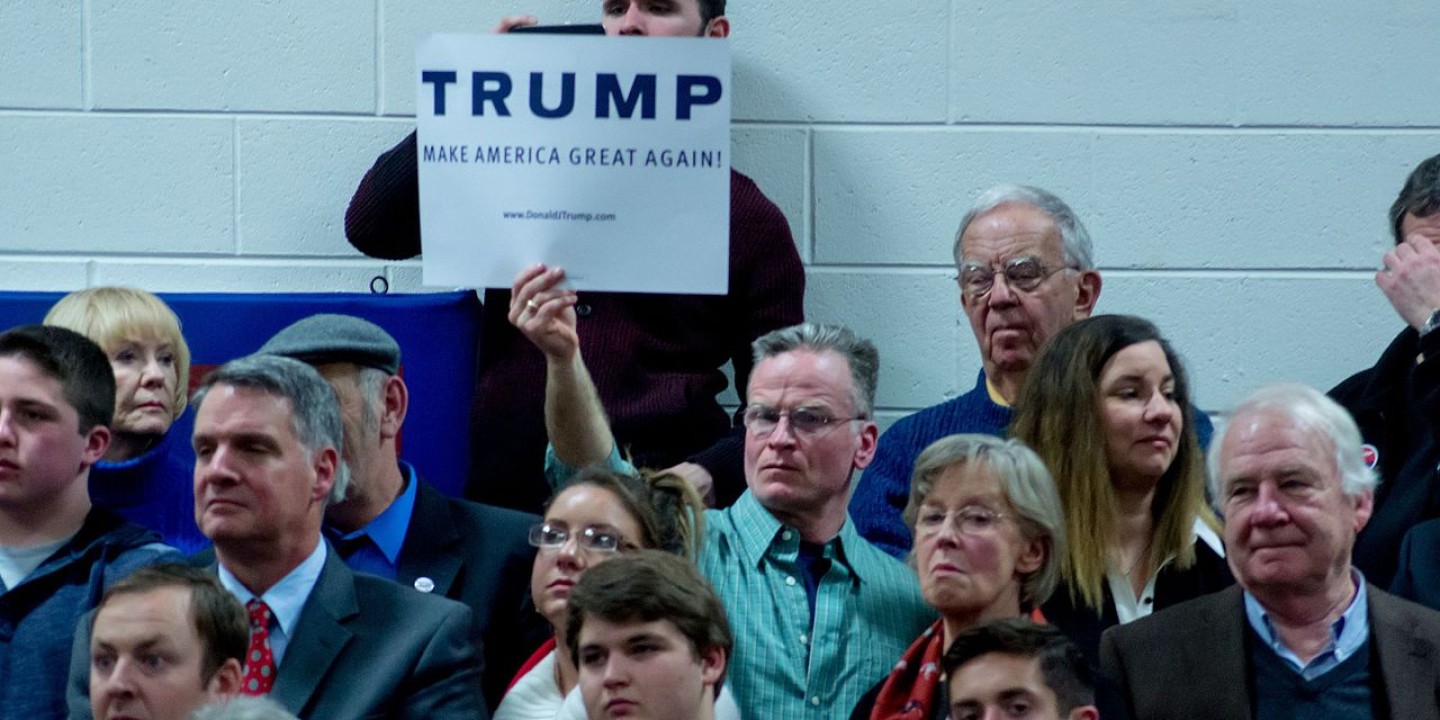Trump and our damaged public character
There is a crisis of moral norms in America. The president is part symptom and part cause.

Institutions thrive on adherence to unwritten rules. They depend on people speaking and acting with fairness, respect for others, accountability, transparency, and honesty in a host of ways that cannot be codified. This makes institutions extremely vulnerable, as Gary Dorrien points out in his article on tyranny (“Saving democracy”), for they do not automatically defend themselves when norms are under attack, especially when those attacks come from those inside the institution itself.
An ongoing threat to our democratic institutions is the behavior of the current president, who regularly displays his contempt for the moral norms by which democracies flourish. According to these crucial but largely unwritten rules, a president tries to avoid even the appearance of financial impropriety; he doesn’t use his office to enrich himself and his family. The norms of governance say that a president upholds impartial legal processes; he doesn’t fire the FBI director amid inquiries about his own administration’s conduct, even though he technically has the right to do so. A president doesn’t question the legitimacy of judicial rulings, however much he may disagree with a particular one. A president chooses language that dignifies rather than degrades the office that he holds. These norms are nowhere precisely specified—we recognize them most clearly when they are violated.
“Trump is the spendthrift of our public character,” observes columnist Michael Gerson. He is “squandering an inheritance he does not understand or value.”
The fact that so many people, including members of Congress, are willing to shrug off Trump’s actions or seek to explain them away suggests that the moral power of these norms was waning well before Trump took office. He is symptom as well as cause of a moral crisis. We seem to be losing a shared sense of what it means to be a responsible citizen, of how to engage in the public square with integrity, and of how to pursue the common good—and of whether any of that even matters
Trump can do enormous damage in undermining moral norms. Yet democracy is more than the office of the president or any one occupant of it. Democracy is built from the ground up. Each of us has the power to reaffirm in our own interactions the norms that govern public life and to insist that our public representatives do the same. Beyond that, each of us can also build up the various institutions in which we participate—church, school, university, corporation, and local government—by doing the everyday things that foster trust and respect for one another. We help the institutions we value to flourish by exemplifying these norms and encouraging others to do the same.
A version of this article appears in the June 21 print edition under the title “When norms lose power.”





